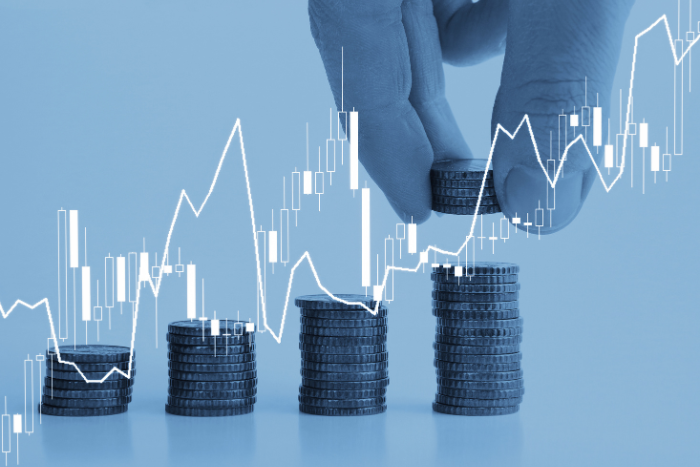Experts say that the $100 billion commitment at IDA21—the largest in the fund’s history— falls short of transformative changes that are urgently needed
The World Bank Group announced a $100 billion financing package for the 21st replenishment cycle of the International Development Association (IDA21) —the largest in the fund’s history. However, experts have called it insignificant, lacking clear framework, and even disappointing.
According to the World Bank, the IDA21 replenishment will provide support to low-income countries over a three-year period (2025-2028), to address poverty, inequality, and climate change.
The announcement was made last week during the replenishment meeting in Seoul, South Korea. The 21st replenishment of the IDA raised $24 billion in donor contributions. IDA will leverage this $24 billion to generate a total of $100 billion in affordable financing.
This surpassed the commitment of $93 billion made during the previous replenishment cycle (IDA20). This funding is for 78 countries, including some of the world’s poorest nations, as they work to tackle pressing challenges such as poverty, food insecurity, conflict, fragility, debt burdens, and climate resilience.
Falling short
Africa is a major recipient of IDA support. In 2023, nearly 70% of all IDA financing went to African countries. Earlier this year, African leaders called for a replenishment of at least $120 billion in 2024.
Mavis Owusu-Gyamfi, president and CEO, African Center for Economic Transformation, said, “Given the development and economic challenges faced by the world’s poorest countries, African leaders and institutions had called for a replenishment that would total at least $120 billion. This IDA replenishment, which came in significantly below Africa’s asks, underscores that as a continent we cannot wait for the world to step up and solve our issues. We must be our own solution.”
This announcement comes on the heels of the climate finance goal finalised at COP29 — where power and compromise led to an insufficient $300 billion climate finance outcome.
Experts also said that IDA21 fell short of transformative changes that are urgently needed.
“In the area of climate finance, despite extensive dialogue, there is still no clear framework defining IDA’s role within the broader climate finance architecture. The push for loss and damage funding at COP28 only underscores the urgency of establishing this clarity,” said Savior Mwambwa, program manager, Economic & Climate Prosperity, Open Society Foundations (OSF), New York.
Hannah Ryder, CEO, Development Reimagined has called the commitment “a disappointing demonstration of what “global solidarity means today”, adding that the ones who need the financial support the most will need to work hardest to access these resources.
Ryder added that “From a borrower perspective, the result is a disappointment. For some donors, such as the UK, their contributions were close to record lows. So while African governments will duly welcome the continuity of IDA access, they will also digest the disappointing underlying message of maintaining the status quo whereby African governments will be the ones who have to work the hardest. They will need to work hard to access IDA for fairly small projects —on average $34 million— and will not be able to use this crucial instrument for transformational projects. Nor will IDA necessarily broaden the space for increasing education or health budgets. That space will remain highly constrained, especially in high-inflation environments and ever increasing populations.”
About The Author
You may also like
The G20 Has Outrun COP on Climate Finance
India needs targeted public finance to scale green steel production
India Pushes for Critical Minerals Circularity and Collective Action on Climate at G20
COP30 ends in chaos and compromise
India commits to revised NDC, shifts pressure back to rich nations to deliver on climate finance at COP30

